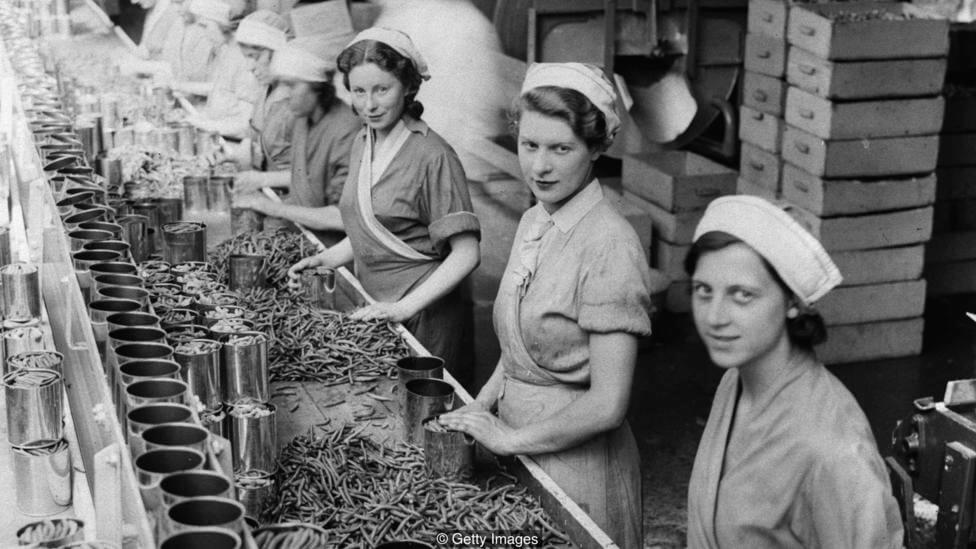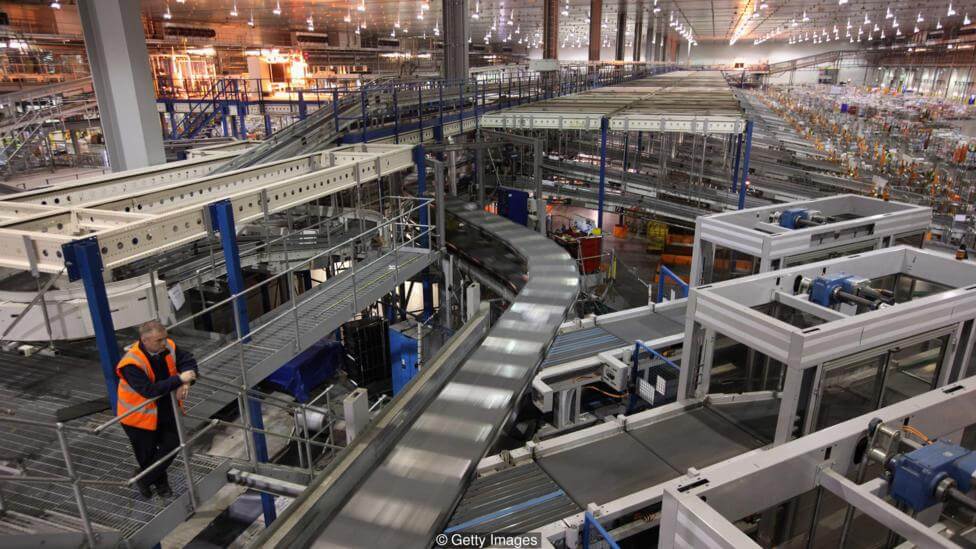- Get link
- X
- Other Apps

In a few decades, artificial intelligence will surpass us in many areas that we consider special to us. This is a big challenge for our era, says researcher Victor Meyer-Schonberger, who may require an “irrational” answer. In early 2017, one of the most important news in the United States came not from the White House, or even from Twitter Donald Trump. No, it was hidden in a report submitted to the California Department of Motor Vehicles and posted on its website.
It described in detail the efforts of Google (or, more precisely, its subsidiary Waymo) to implement autonomous cars. According to the report, in 2016 Google’s self-driving cars drove 1,023,330 kilometers and required human intervention 124 times. This is one intervention for every 8047 kilometers of self-driving ride. What is even more impressive is the progress made in just one year: human intervention was reduced from 0.8 times per thousand miles to 0.2, which means an improvement of 400%. With this progress, Google cars will easily surpass the personal skills of any driver by the end of this year.
Once driving was considered an exclusively human skill. But we said the same thing about chess. And now the computer repeatedly beats the world chess champion. A strategic board game took over from chess the title of a litmus test of human thinking. In 2016, the computer beat the best go player in the world. IBM's Watson excelled at Jeopardy - which was also considered a patrimony of people - and is currently engaged in identifying cancer moles and preparing creative recipes, among other things.

Computers conquer spheres that were previously considered deeply human. Which require knowledge, strategy, creativity. What does this mean for a person who will be in the future?
Some fear that self-driving cars and trucks may crowd out millions of professional drivers (and they are right) and destroy entire industries (that’s). But it is worth worrying about children. What will be their places in the world where cars will take over from people one industry after another? What will our children do and how will they relate to these smarter cars? What will be their contribution to the world in which they live?
Our children will never be able to count faster, solve mathematical equations faster machines. They will never print faster, it is better to drive, it is safer to fly. They can play chess with their friends, but because of the machines they will no longer have a chance to become the best chess player on the planet. They may still be learning different languages (as they are now), but in the future this will not make any sense and will not provide any competitive advantage, given the recent advances in machine translation in real time.
Actually, it all comes down to a rather simple question: what is so special about us, what is our last value? It is unlikely that these will be skills like arithmetic or typing, in which machines have already surpassed us. And it is unlikely to be rationality, because the machines are devoid of all these addictions, prejudices and emotions that we have.
Perhaps we should consider the qualities at the other end of the spectrum: radical creativity, irrational originality, even a dose of simple illogical insanity, rather than rigid logic. Little Kirk instead of Spock. Until now, it was very difficult for machines to imitate these qualities: insane leaps of faith, arbitrary enough to be predicted by a robot, not to mention mere chance. Their problem is our opportunity.
I do not propose to abandon the mind, logic and critical thinking. In fact, precisely because we value the values that we associate with rationality and sanity, we should value the opposite a little.

And I do not ludd, but quite the opposite. You see, if we continue to improve the information-processing machines and make them adapt and learn in every interaction with the world, on every bit of data coming in, we will soon get useful rational helpers. They will allow us to overcome some of our human limitations in translating information into rational decisions. And they will get better and better.
Therefore, we must strive to ensure that the human contribution to this division of labor complements the rationality of machines, and not compete with them. Because it will always distinguish us from them, and it is this difference that will create our value.

And if I'm right, we should contribute to the development of creative thinking, irrational decisions, unusual ideas. Not because non-rationality is bliss, but because a dose of illogical creativity will complement the rationality of the machine. It will save us a place on the shelf of evolution.
Unfortunately, our education system is built in exactly the opposite way. Like pre-industrialized peasants, our schools and universities line up to produce obedient servants of rationality and develop outdated skills to interact with obsolete machines.
If we take seriously the problem that the machines represent, we will have to change it, and soon enough. Of course, we will have to learn rationality on the basis of facts and how the best facts lead to better solutions. We need to help our children learn how to work with the smartest of machines to improve their decision making. But most of all, we should take into account the long-term perspective: even if computers exceed us, we will remain the most creative building in the city, unless we completely suppress this aspect of humanity in ourselves.
Perhaps this is our chance to stay on the narrow path of evolution.
The article is based on materials .
- Get link
- X
- Other Apps
Comments
Post a Comment